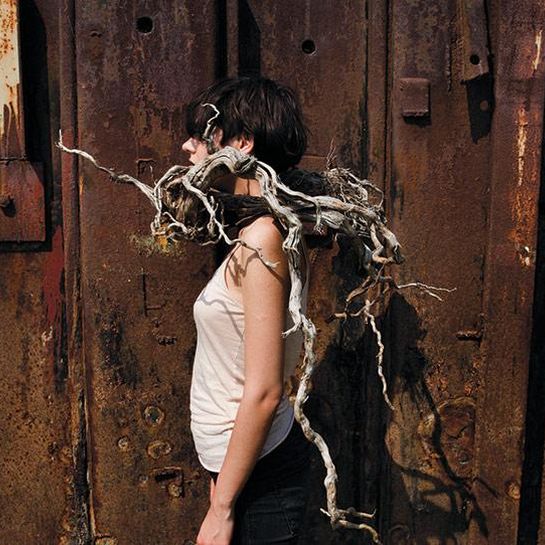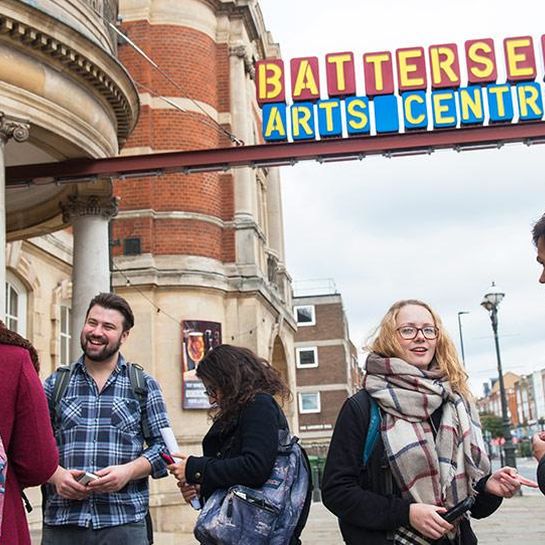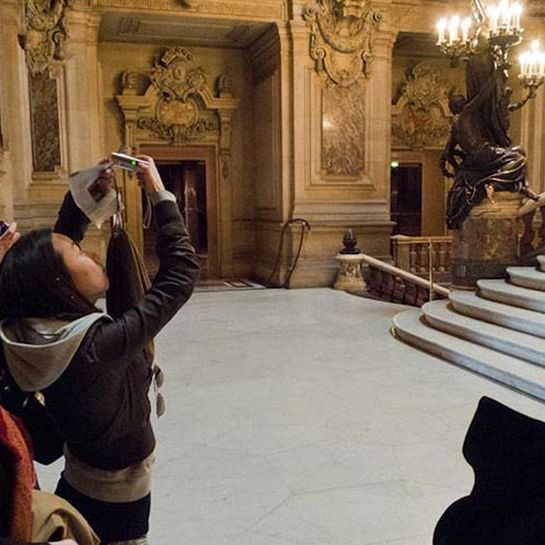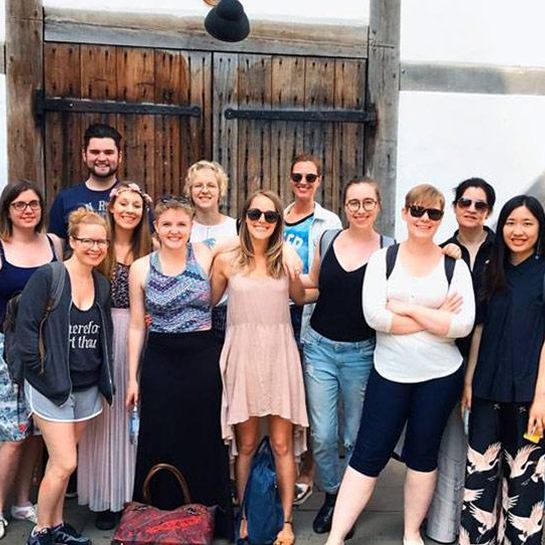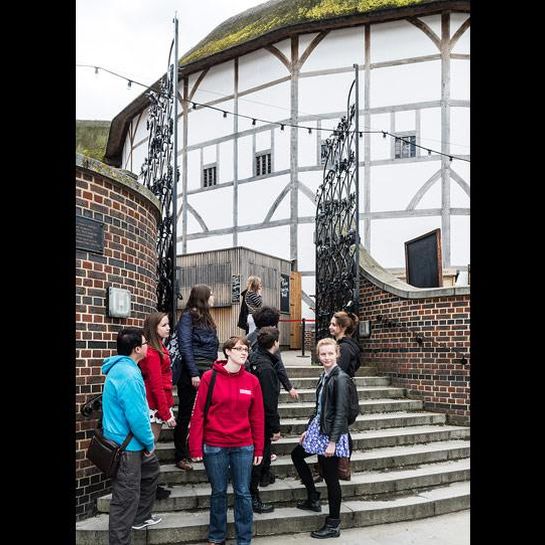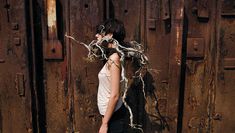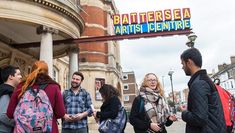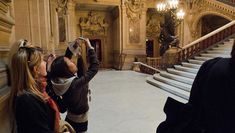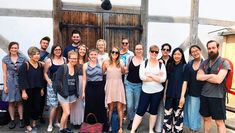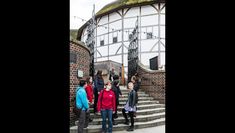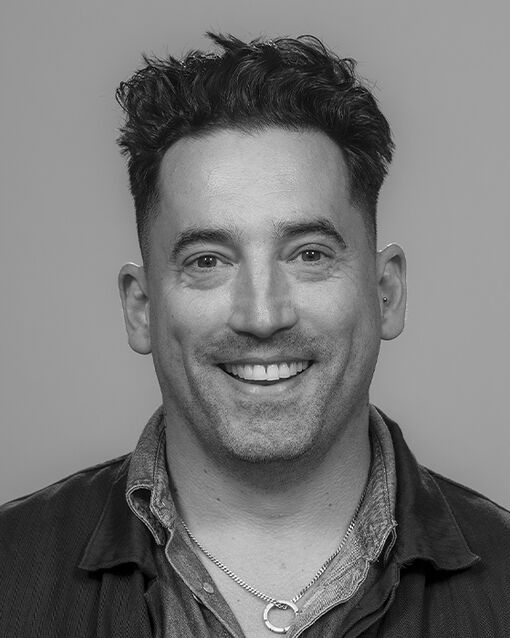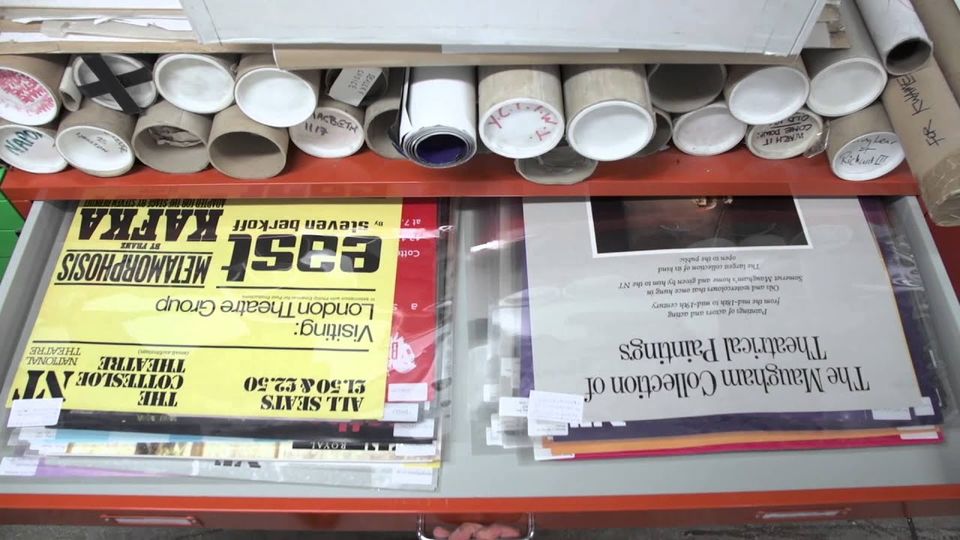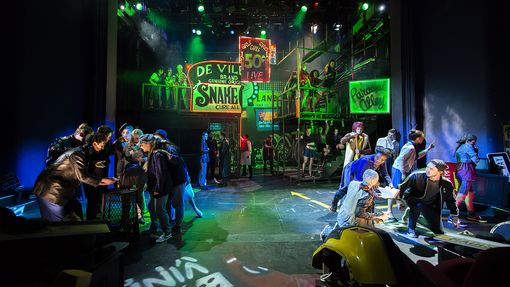Course information
About this course
This course is not currently open for applications
The cultural hub of London is the venue for the MA Theatre Criticism and Dramaturgy at Central (MA TCD). The course balances theoretical study of theatre and performance with the development of diverse skills for dramaturgy and criticism, with applications in scholarship and across the creative industries.
- A unique course offering routes to dramaturgy and criticism through critical practice and scholarship
- Engages with its London context and embraces the diverse theatre offerings of the city
- Critical practice and theatre scholarship are central to the course
Our approach
Engaging with theatre and performance practice of the past and the present, and attuned to the economy and ecology of the landscapes in which it takes place, MA TCD students embrace Central’s unique status as a conservatoire and a University of London college.
At various points, MA TCD students work collectively with students from across Central’s postgraduate portfolio, emerging theatre practitioners and scholars with a range of specialisms and interests. Learning opportunities include seminars and lectures, classwork, independent research, group work and field study in and around London or other cities.
See ‘Course Detail’ below for information on the structure, assessment and units available on the course.
Accordion
-
Course Detail
Units
This course is taught by way of six units, each of which is self-contained, focusing on a specific aspect of theatre and performance, followed by a final independent unit. At all points, learning combines critical reflection and the development of specific skills relevant to theatre criticism and dramaturgy, with a focus on appropriate outputs and practices.
You can develop your particular research interests and professional profile in the final unit, the Sustained Independent Project (SIP). This unit, taking place following the summer term, will give you the opportunity to work intensively in a specific area, with tutoring and support from faculty. You will determine your own focus for the SIP in conjunction with tutors, and projects may take the form, for example, of a scholarly intervention or a critical report relevant to theatre-sector issues and concerns.
Units may include:
- Reviewing Performance
- Shakespeare in London
- Archiving Practices, Practising Archives
- Critical Contexts
- Performing Research
- Cultural Landscapes.
Each unit is intensive and, where appropriate, may be delivered with the participation of relevant experts, e.g. theatre journalists, arts managers, academic specialists, or in partnership with cultural organisations. You will have the opportunity in the third term to take an option unit hosted by another MA course.
Assessment
Assessment via formats used in the relevant industries and in academia, e.g. visual presentations, conference presentations, essays, reports, reviews and written submissions; and a personal portfolio or dissertation.
-
Entry Requirements and Admissions
You should normally have an undergraduate degree in a relevant field, (drama, theatre or performance studies, arts and humanities), though those from other disciplines will be considered. Applications for the accreditation of prior experience in lieu of academic entry qualification will also be considered where appropriate. An offer will normally only be made after interview/audition.
We particularly encourage applications from groups currently under-represented in higher education, such as students with disabilities and members of Black, Asian and Minority Ethnic groups. Find out more information on Central’s commitment to equality and diversity.
English Language Requirements
Applicants for whom English is not their first language are required to prove their English language proficiency by gaining an overall score of 7.0 in an IELTS test. We do accept equivalent English language qualifications. Applicants are advised to gain this certification as early as possible and more information can be found through the English Language Requirements page.
For further information see the How to Apply section.
Interviews
If you are selected for an interview for a place on the Theatre Criticism and Dramaturgy MA course, we will require you to:
- write a short (500 words) account or review of a performance that you have recently seen. Your account should state why this piece interests you and how it relates to broader issues in theatre. Please bring this with you to the interview
- choose a piece of published critical writing (e.g. from an academic journal or book) and prepare to discuss this piece of writing at interview. This should be the work of another writer (that is, not your own work), should relate to theatre and performance, and should be published in English and available in an accessible format (e.g. .pdf). If possible, you should send the text, or a link, to the interviewer a week before the interview date.
During the interview process you will have a chance to learn more about the course and the School.
International Interviews
Each year Central hosts a number of interviews outside of the UK, with a team of tutors from Central traveling to meet applicants. The international interviews are designed to replicate the London-based interview experience in every aspect (other than a tour of our site!). See our Event Finder for listings of upcoming interview locations and dates.
Distance Interviews
Central allows applicants to undertake a distance interview for this course. If you live abroad and are unable to attend an interview in person you may, at the discretion of the Admissions Tutor, be offered the opportunity of a distance interview. If you are selected for interview in this manner you will be contacted (normally by email) in order to arrange a suitable time for an interview. This will be conducted on Skype, telephone or by ‘live’ email exchange and will normally be based upon material you will have been asked to submit in advance. The interview will normally be conducted by the Course Leader.
International Students
Visit the International Students section to view details of English language requirements for Central’s courses.
-
Industry Links
You will learn in contact with practitioners and organisations. In the past, guests and venues have included:
- Lyn Gardner and Michael Billington (The Guardian)
- Representatives of Equity
- BBC
- Ambassador Theatre Group
- The Old Vic
- Shakespeare’s Globe
- National Theatre
- Live Art Development Agency
- The Victoria and Albert Museum.
You will have opportunities to participate in the wider academic community, and are encouraged to develop knowledge and awareness of contemporary theatre and performance scholarship.
-
Recent Visiting Professionals
- Brian Logan (arts writer and critic)
- Manuel Vason (performance photographer)
- Laura Oldfield Ford (artist)
- Maxie Szalwinska (theatre critic)
- Dr Sarah Dustagheer (Shakespeare scholar)
- Rachel Barnett (producer)
- E J Trivett (producer)
- Matt Trueman (theatre critic)
- Laura Kuch (artist)
- Mark Fisher (theatre critic).
-
Graduate Employment
Graduate employment and career pathways include posts at Shakespeare’s Globe, the Hong Kong Arts Festival, Hampstead Theatre and the Ruhrtriennale Festival, Germany.
Roles include:
- Theatre Press Officers
- Teachers
- Tutors
- Directors
- Artistic Directors
- Administrators
- Youth Theatre Facilitators
- Producers in China, Britain and the USA.
- Some have transferred to study PhDs, including at Central and King’s College, London.
Student Feedback
“The course combines theories with practical experience. Not only were we able to discuss and apply theories in our research and study, but we were given the opportunity to learn from professionals, which I particularly enjoyed. Studying here not only provided me with a thorough understanding of the theatre industry, it also equipped me the industry.”
Josephine Yim
Graduated 2010, Project Manager, Hong Kong Arts Festival.
Staff Content Listing
Tom Six is an academic who works on performance and cultural production in relation to political life.

